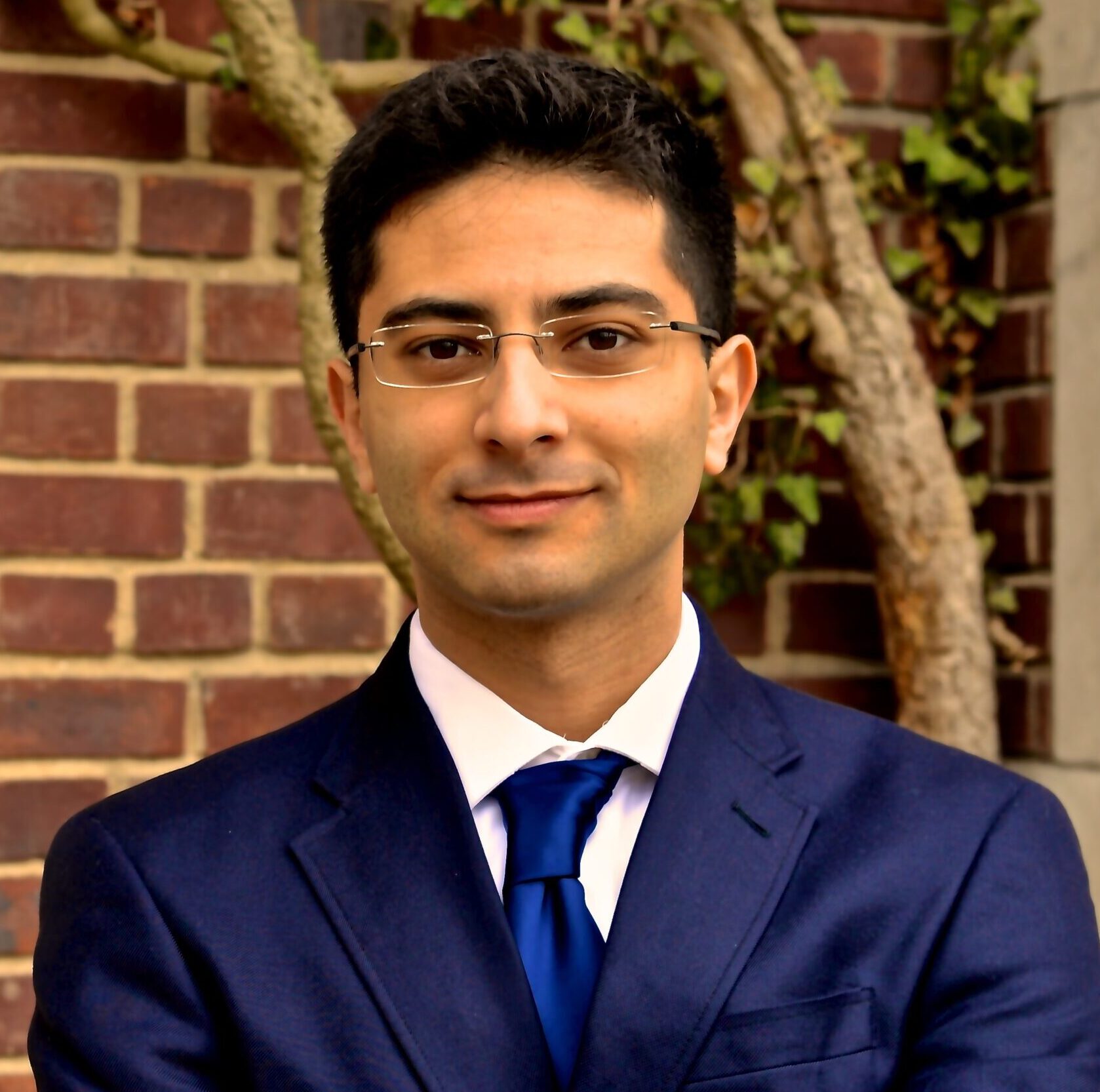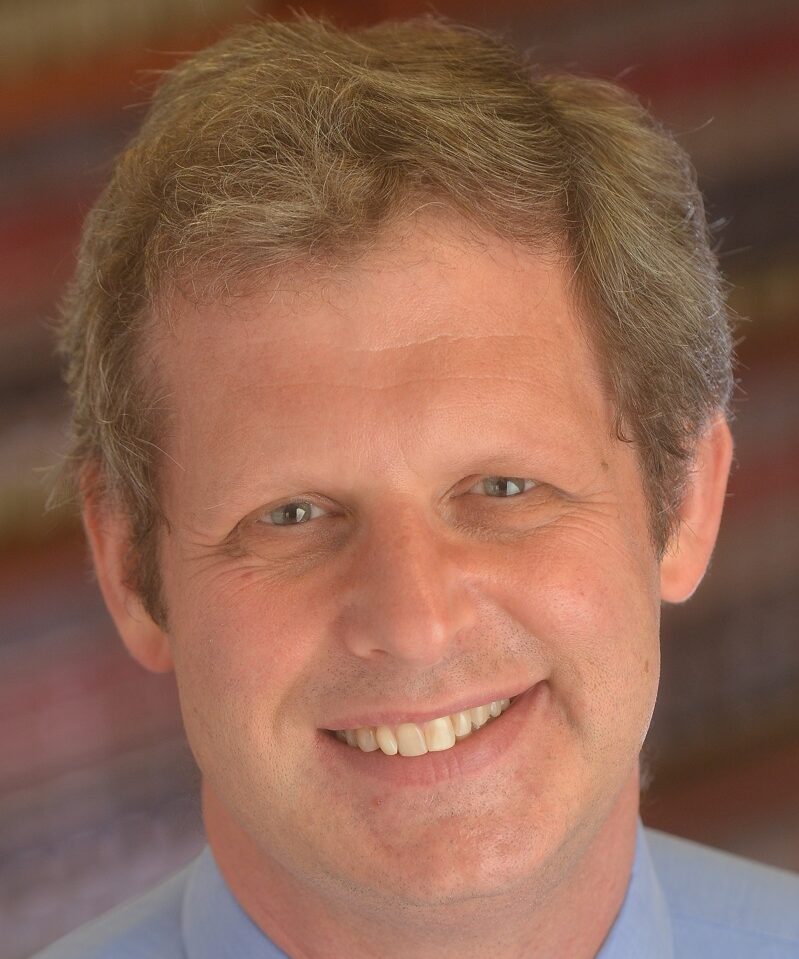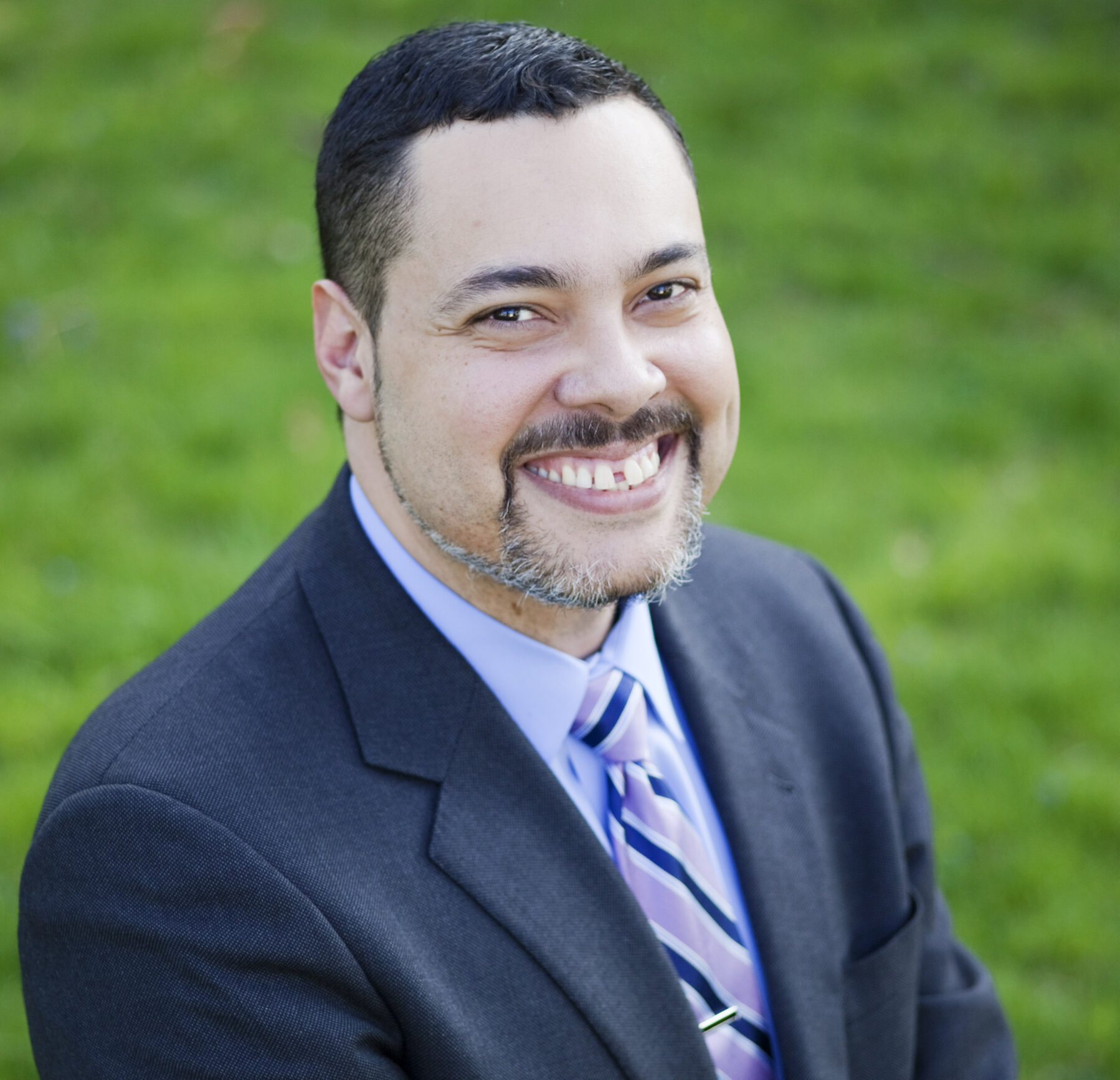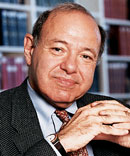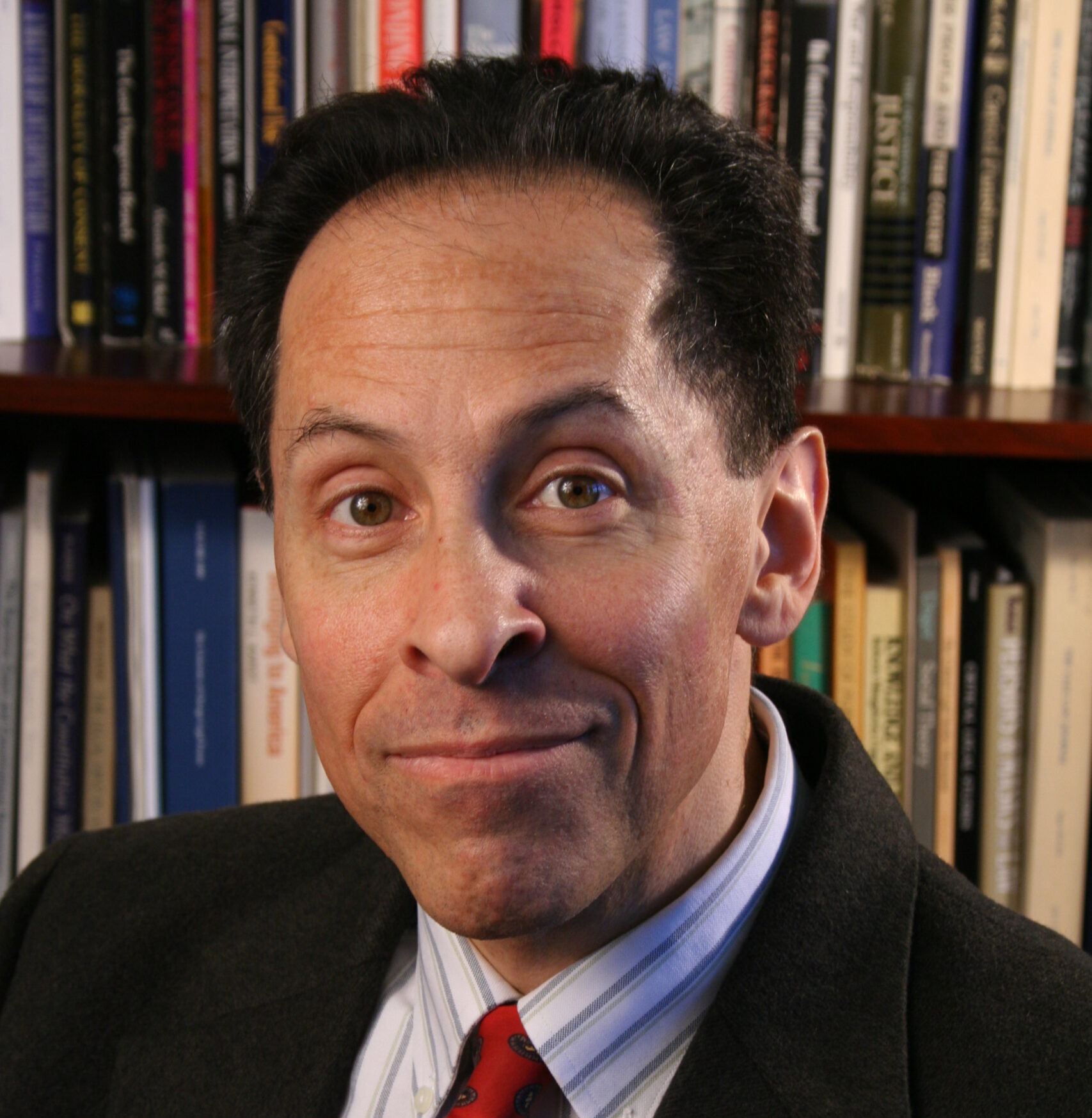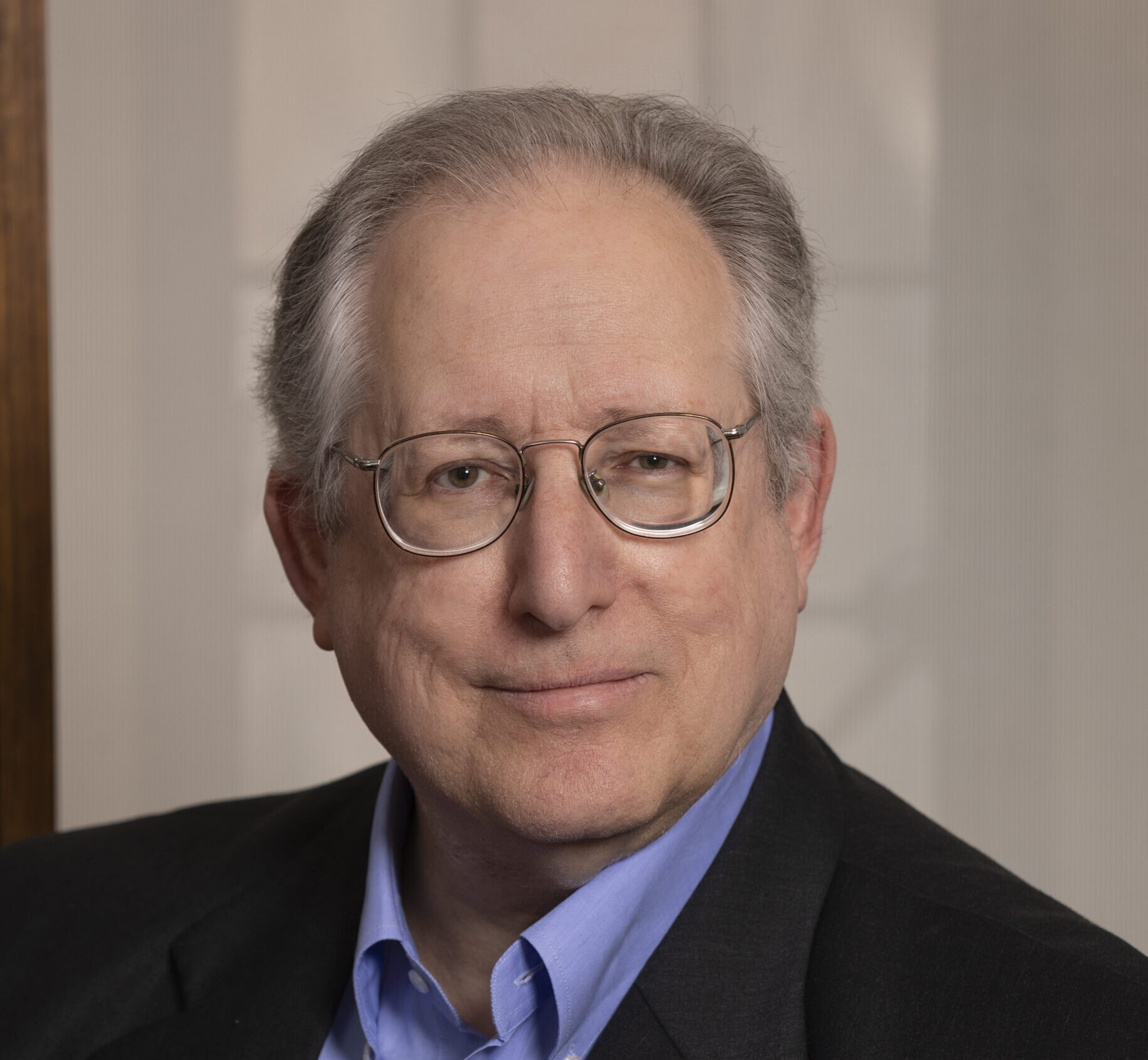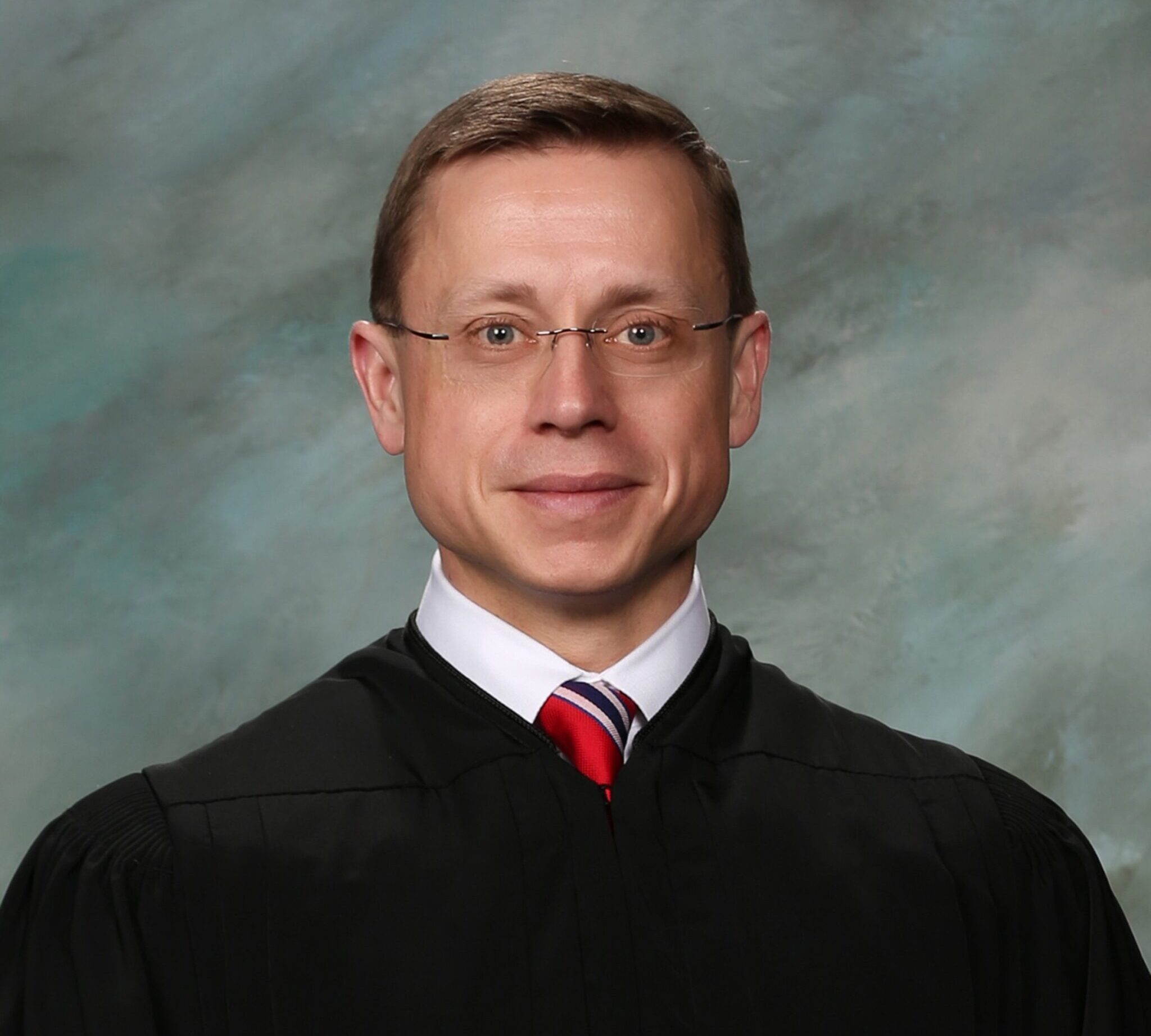Panel 1: How Has and How Should the Supreme Court Use Text and History?: Theory, Techniques, and Problems
What role has text and history played in previous debates about constitutional interpretation? What is the relation between original public meaning and historical practice (a/k/a “liquidation”)? Focusing on the Court’s prior term, how have the justices performed when applying textual and historical methods? Are their methods and analysis faithful to the disciplines? What does their […]
Panel 2: Text, History, and Free Speech
What does the Court’s approach to text and history mean for understanding the First Amendment, for the Court’s jurisprudence in this area, and for the future of the rights that the amendment protects? This panel focuses on these questions in the context of the free speech clause.
Panel 3: Text, History, and the Second Amendment
Has the Court’s methodological approach supported a coherent Second Amendment jurisprudence? How has the Court applied text and history in the context of gun rights cases? What accounts for the divergence in the methods, reasoning, and outcomes of its recent opinions on this topic? What do those tensions reveal about the theory, techniques, and problems […]
Panel 4: Text, History, and Public Prayer
What does the Court’s approach to text and history mean for understanding the First Amendment, for the Court’s jurisprudence in this area, and for the future of the rights that the amendment protects? This panel focuses on these questions in the context of the free exercise and establishment clauses, with an emphasis on the tensions […]
Lunch Keynote with William Baude: Originalism in the Supreme Court
In a number of its most controversial cases the Supreme Court has turned heavily to the text and history of the Constitution, seeming to invoke an “originalist” approach to constitutional interpretation. What is the Court’s method of constitutional interpretation, and what are its virtues and flaws? What do these interpretive commitments tell us about some […]
Panel 5: Text, History, and the Fourteenth Amendment
What are the implications of the Court’s application of text and history for the future of the Fourteenth Amendment, in particular “substantive” due process and equal protection? How might the Court’s approach intersect with historical and interpretative arguments about the Second Founding? And what role might there be for the “privileges or immunities clause” to […]
Panel 6: The Future of Text and History: Methods and Practice
What are the future and stakes of these methodological and substantive debates, both for the academy and appellate practice? What might the Court’s approach to text and history mean for the current term?




